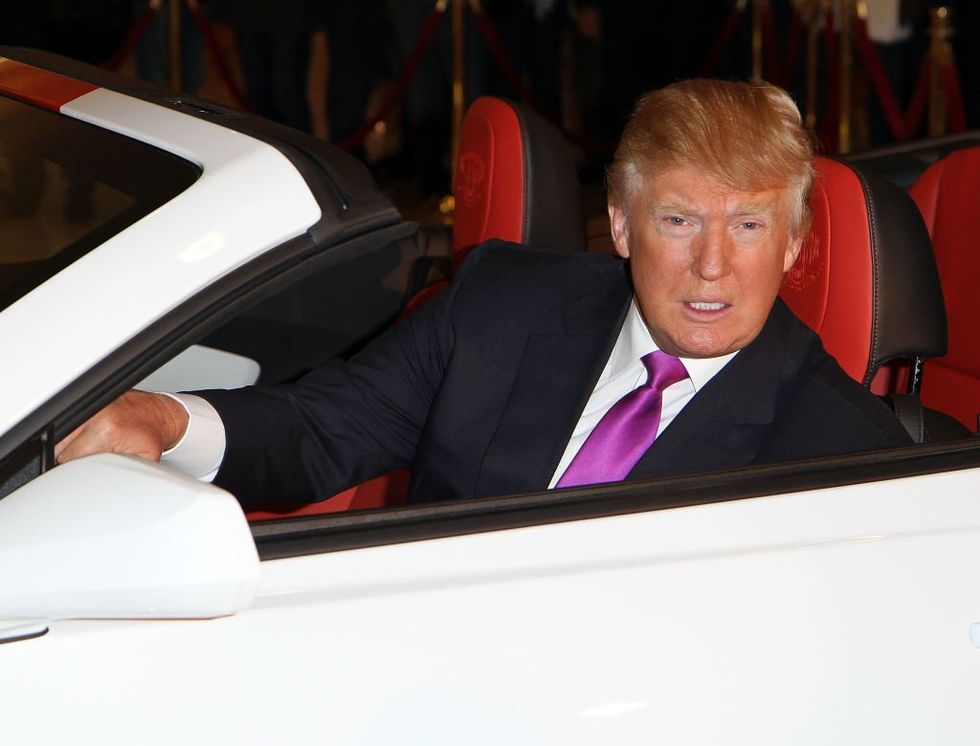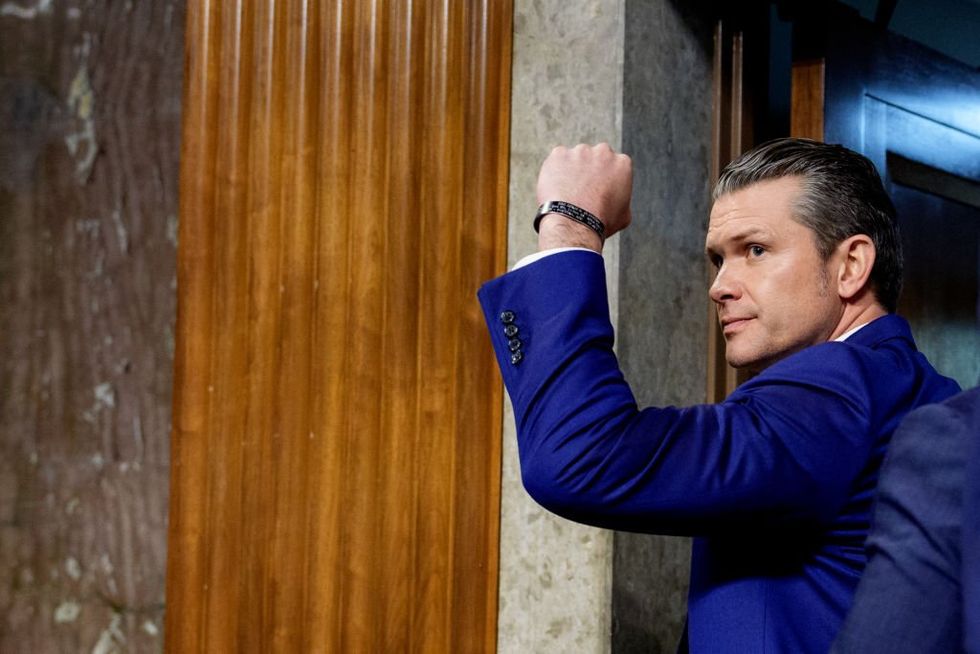Trump takes the wheel: Can he put the US auto industry back in the fast lane?
What's in store for the auto industry once Trump's in the driver's seat?A lot of automakers are hoping the country can switch lanes. Under Biden, it's been a bit of a road to nowhere, with current regulations mandating strict fuel efficiency and emissions standards by 2030.This year’s election promises to be more consequential to the automotive industry than any previous election.These standards, of course, are meant to steer the industry toward electric vehicles. One problem: The consumer demand just isn't there, at least in the near term. Factor in the substantially higher production cost of EVs compared to traditional gasoline and hybrid models, and the government is asking these companies to take a huge financial risk.Volkswagen Group and Stellantis are two automotive giants already feeling the pain of too much investment in EVs, as their recent cost-cutting measures demonstrate. Shifting gearsExpect the Trump-Vance administration to shift away from the electric vehicle mandates, though the degree of pullback is unknown. Given the level of resources both domestic and foreign automakers have already invested in EV production and the multi-year timeline required to change product plans, a substantial reduction in EV incentives and sales will still prove costly for the industry.The uncertainty surrounding political shifts has long been one of the most challenging aspects of running a successful car company. This year’s election promises to be more consequential to the automotive industry than any previous election.An impossible pathThe disconnect between current electric vehicle regulations and real-world consumer demand has put traditional automakers on an impossible path. They've invested billions in rapid EV development even as sales have lagged and cars have piled up on dealer lots. We expect the Trump administration to carefully assess and ultimately replace the existing MPG mandates (a de facto EV mandate) with a policy that better recognizes market reality. While this will be a net positive for traditional automakers, it could mean even slower growth in EV sales and a tougher road ahead for electric vehicle brands like Lucid, Rivian, and Tesla.We wonder if Trump's new BFF, Elon Musk, will have anything to say about that. Perhaps Tesla's market dominance — as well as its exemption from tariffs as an American-made car — will let it continue to thrive. Musk is nothing if not resourceful. CARB cuttingOnce Trump takes office in January, he could quickly roll back these onerous emissions standards by executive order. Some questions remain: How soon until the automaker CEOs make formal requests to Trump to abolish the EV mandate? Can we finally abolish the California Air Resources Board? California has long had outsized power to drive the national EV agenda. The state not only leads the country in EV adoption, it is also responsible for creating the Zero-Emission Vehicle program, which requires new vehicles to reach 100% zero-emission and clean plug-in hybrid-electric status in California by the 2035 model year.So far, 16 other states have adopted the ZEV program; the average number of EVs per 10,000 residents in those states is more than double what it is in non-ZEV states. But with Trump’s advisers already planning to revisit the Clean Air Act waivers that allow California to enforce its own, stricter pollution standards, the Golden State's grip on the kind of cars Americans get to drive could be weakening. We will be watching all the new rules and regulations and will keep you posted.


What's in store for the auto industry once Trump's in the driver's seat?
A lot of automakers are hoping the country can switch lanes. Under Biden, it's been a bit of a road to nowhere, with current regulations mandating strict fuel efficiency and emissions standards by 2030.
This year’s election promises to be more consequential to the automotive industry than any previous election.
These standards, of course, are meant to steer the industry toward electric vehicles. One problem: The consumer demand just isn't there, at least in the near term. Factor in the substantially higher production cost of EVs compared to traditional gasoline and hybrid models, and the government is asking these companies to take a huge financial risk.
Volkswagen Group and Stellantis are two automotive giants already feeling the pain of too much investment in EVs, as their recent cost-cutting measures demonstrate.
Shifting gears
Expect the Trump-Vance administration to shift away from the electric vehicle mandates, though the degree of pullback is unknown. Given the level of resources both domestic and foreign automakers have already invested in EV production and the multi-year timeline required to change product plans, a substantial reduction in EV incentives and sales will still prove costly for the industry.
The uncertainty surrounding political shifts has long been one of the most challenging aspects of running a successful car company. This year’s election promises to be more consequential to the automotive industry than any previous election.
An impossible path
The disconnect between current electric vehicle regulations and real-world consumer demand has put traditional automakers on an impossible path. They've invested billions in rapid EV development even as sales have lagged and cars have piled up on dealer lots.
We expect the Trump administration to carefully assess and ultimately replace the existing MPG mandates (a de facto EV mandate) with a policy that better recognizes market reality.
While this will be a net positive for traditional automakers, it could mean even slower growth in EV sales and a tougher road ahead for electric vehicle brands like Lucid, Rivian, and Tesla.
We wonder if Trump's new BFF, Elon Musk, will have anything to say about that. Perhaps Tesla's market dominance — as well as its exemption from tariffs as an American-made car — will let it continue to thrive. Musk is nothing if not resourceful.
CARB cutting
Once Trump takes office in January, he could quickly roll back these onerous emissions standards by executive order.
Some questions remain: How soon until the automaker CEOs make formal requests to Trump to abolish the EV mandate? Can we finally abolish the California Air Resources Board?
California has long had outsized power to drive the national EV agenda. The state not only leads the country in EV adoption, it is also responsible for creating the Zero-Emission Vehicle program, which requires new vehicles to reach 100% zero-emission and clean plug-in hybrid-electric status in California by the 2035 model year.
So far, 16 other states have adopted the ZEV program; the average number of EVs per 10,000 residents in those states is more than double what it is in non-ZEV states.
But with Trump’s advisers already planning to revisit the Clean Air Act waivers that allow California to enforce its own, stricter pollution standards, the Golden State's grip on the kind of cars Americans get to drive could be weakening.
We will be watching all the new rules and regulations and will keep you posted.
Originally Published at Daily Wire, World Net Daily, or The Blaze
What's Your Reaction?

































































































